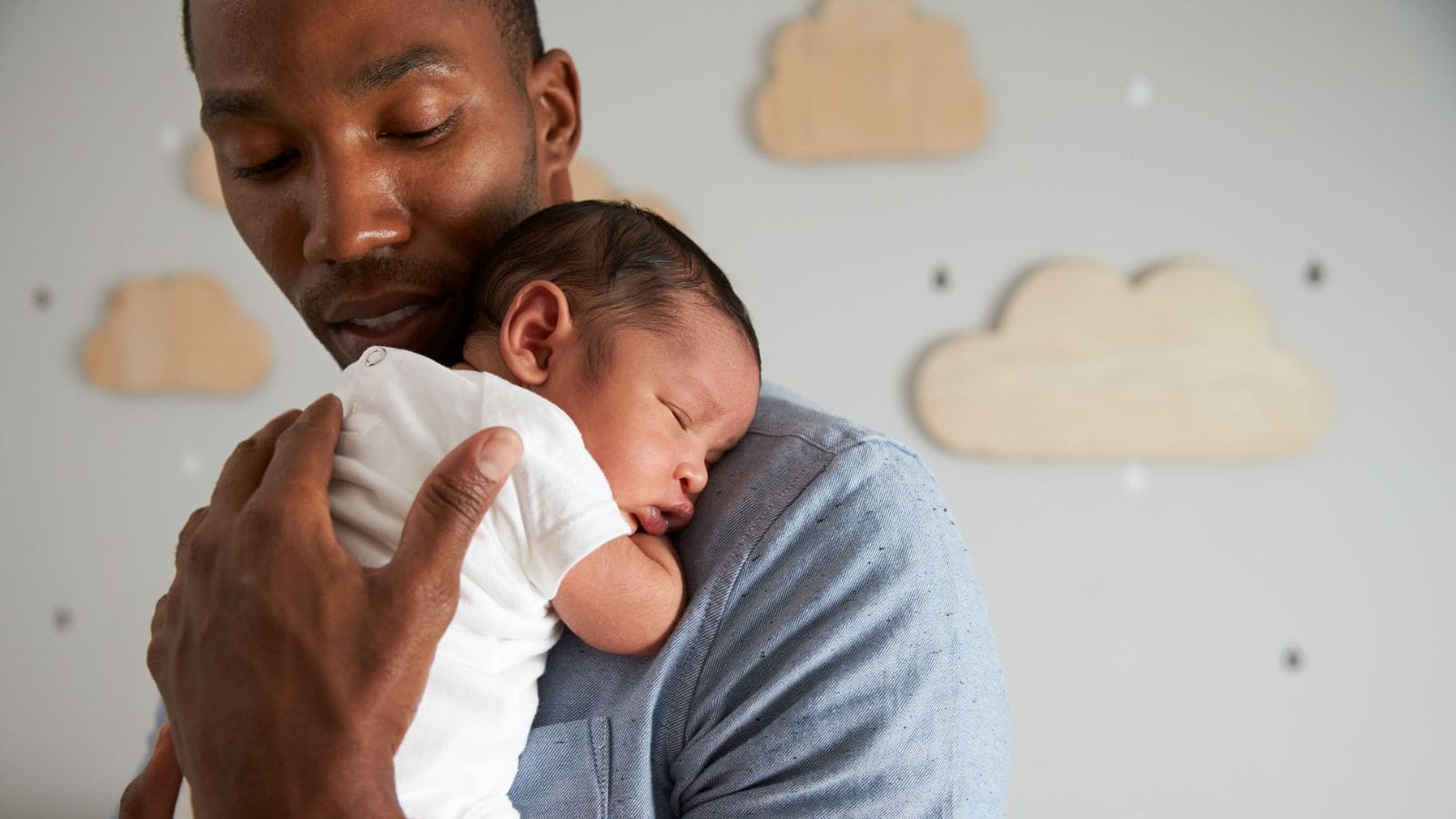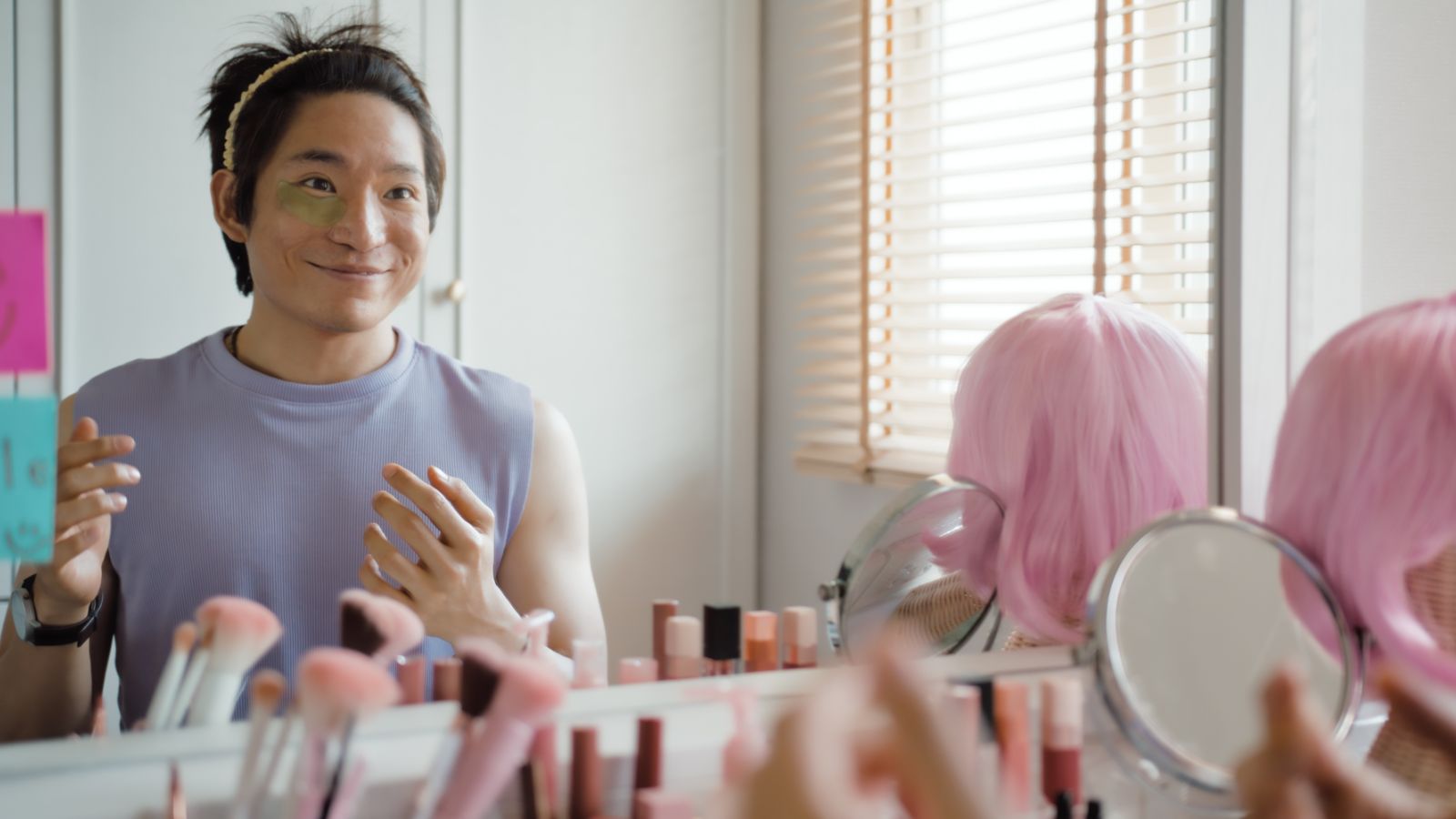Misconceptions about gender and outdated ideas create unfair expectations and restrict opportunities. Let’s break down 17 of the most common misunderstandings so that we can create a society where everyone is free to be their authentic selves.
Men Are Naturally Better at Maths and Science

Sure, there might be more men in STEM careers right now, but that’s often down to societal pressures, stereotypes, and access to opportunities. For decades, girls were subtly (and sometimes not-so-subtly) pushed toward other fields, creating a vicious cycle, and when given equal opportunities, women thrive in maths, science, and engineering.
Women Are Born to Be Nurturing

The notion that women are inherently better caregivers is less about biology and more about how we’ve been raised, because at a young age, girls are often given dolls to play with and praised for being “sweet” or “kind,” while boys are encouraged to be adventurous or assertive. Over time, these early messages shape how we see ourselves and others.
A Man Doesn’t Show Emotions

Suppressing emotions can lead to stress, anxiety, and even physical health problems, and yet, the fear of being seen as weak often keeps men quiet. Society needs to shift away from this outdated thinking and create spaces where men feel safe to cry, to vent, and to simply be vulnerable without fear of judgment.
You Can’t Be a Leader if You’re a Woman

Women are told they’re “too emotional” or “too soft” for leadership, yet studies show that traits like empathy and collaboration—qualities often attributed to women—make for excellent leadership. Think about women like Jacinda Ardern or Malala Yousafzai, who’ve led with strength and compassion, showing leadership isn’t about gender.
Breadwinners Are Men

Any idea that men should always bring home the bacon while women stay home is hopelessly outdated, as these days, more and more families share financial responsibilities, and it works brilliantly.
Men shouldn’t have to shoulder the stress of being sole providers, and women shouldn’t feel guilty for chasing careers or out-earning their partners.
Women Are Bad Drivers

If you’ve ever heard someone joke that women are bad drivers, you’ve witnessed one of the most persistent—and baseless—stereotypes around, when studies have actually shown that women are safer behind the wheel, with fewer accidents and traffic violations on average.
This myth persists likely because of old-fashioned attitudes and confirmation bias, namely that people notice when a woman makes a mistake on the road but overlook similar mistakes by men.
Men Are More Logical Than Women

Everyone uses a combination of logic and emotion to get through life, regardless of gender. Women are often just as methodical and analytical as men, but cultural narratives tend to overshadow this, and by holding onto this outdated stereotype, we limit how we see and appreciate each other’s unique strengths.
A Woman Should Prioritise Family Over Career

Men aren’t often asked how they “balance” fatherhood with their careers; a lot of women successfully combine both worlds, excelling in the workplace and at home. Others may choose to focus on one over the other, and that’s perfectly valid too—what matters is personal choice, not societal expectations.
Men Are Naturally More Athletic

Think about long-distance runners or gymnasts—women dominate in these fields, yet unfortunately, the stereotype persists because men’s sports have historically received more funding, training, and visibility.
When given the same resources, women are equally capable of achieving incredible athletic feats, and while men might have more muscle mass on average, women excel in areas like endurance and flexibility.
Politics Doesn’t Interest a Woman

Throughout history, women have been at the forefront of change, including the suffragette movement or the modern fight for equality, and the problem isn’t interest; it’s representation. Women are often excluded from political spaces or dismissed when they do participate.
Men Can’t Be Victims of Abuse

It’s a deeply harmful misconception that abuse only happens to women, as men can, and do, experience abuse, whether physical, emotional, or psychological. Unfortunately, the stigma surrounding male victims makes it harder for them to seek help or even admit what’s happening.
A Woman is Too Weak for Certain Jobs

With proper training and determination, women are fully capable of succeeding in roles such as construction or firefighting, and what often holds them back are the cultural attitudes that discourage them from even trying.
Breaking down these barriers not only helps women but also enriches industries by bringing in diverse perspectives and skills, as strength isn’t just physical, it’s mental, and women have plenty of it.
Men Don’t Belong in Caregiving Roles

Why do we assume that caregiving is a woman’s domain? Men can be just as caring and nurturing, whether as stay-at-home dads, nurses, or teachers, however it’s not uncommon for society to view these roles as “unmanly,” discouraging men from pursuing them. It’s time to move past these outdated ideas and celebrate caregiving as a universal human strength.
Women, You’re Talking Too Much

Research shows that men and women speak roughly the same amount, but women are often judged more harshly for how and when they talk. This double standard doesn’t just silence women; it reinforces the idea that they should fade into the background, while communication is not something to be weaponised against one gender.
A Man Shouldn’t Wear Makeup or Embrace Fashion

More men are reclaiming their right to self-expression, and society is better for it, as fashion and beauty are for everyone, and furthermore the stigma against men wearing makeup or experimenting with fashion is rooted in outdated gender norms. Why is it that men are still expected to stick to a narrow definition of “masculinity”?
Women Aren’t Good at Negotiating

Changing the narrative around women and negotiation can help level the playing field, giving everyone the chance to thrive in professional settings without fear of judgment. The idea that women are poor negotiators is both false and damaging, as they can be just as assertive and strategic as men, but they’re often penalised for being too outspoken.
Men Don’t Need Parental Leave

The assumption that men don’t need or deserve parental leave is harmful to families, as fathers play a crucial role in bonding with their children and supporting their partners, therefore taking leave helps them do just that. By challenging this stereotype, we can move toward a society where both parents are equally valued.

